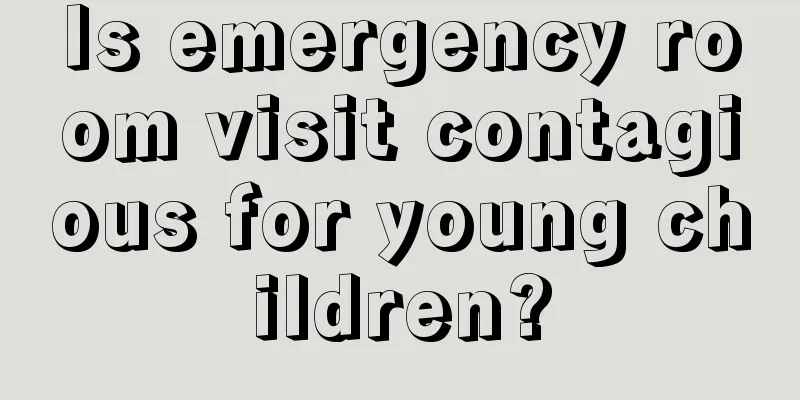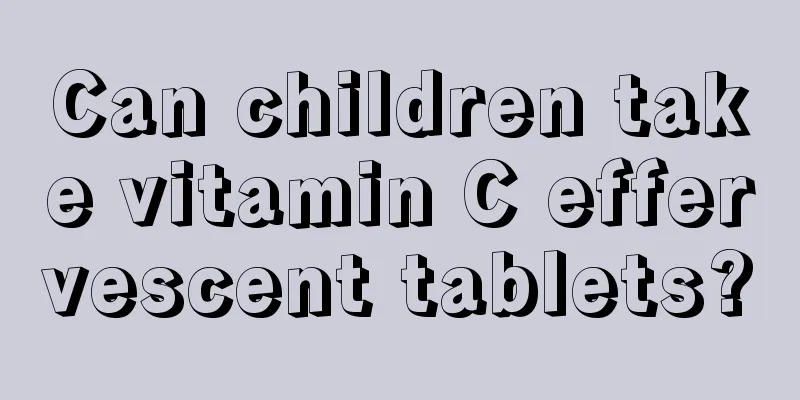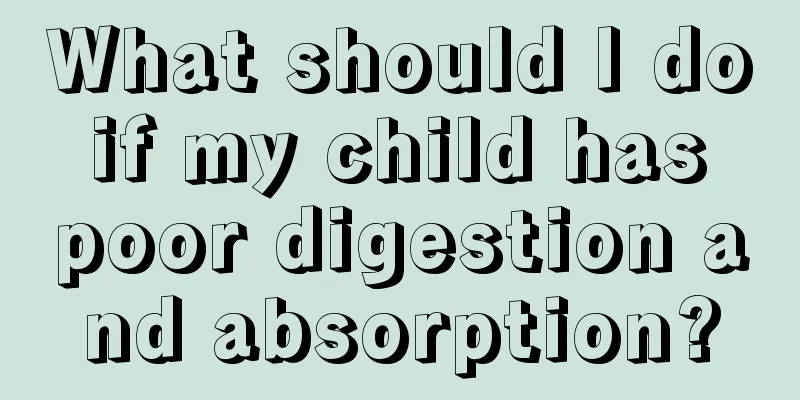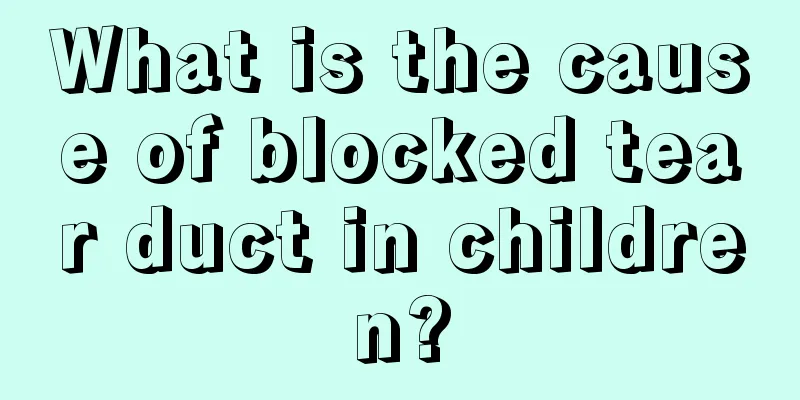How many weeks does it take for children to change their teeth?

|
Everyone must experience the process of tooth replacement, from deciduous teeth to permanent teeth. The process of tooth replacement is definitely painful, but it is a necessary experience for children to grow up. As parents, we cannot help them bear the pain, but we must help them when they are in pain, take good care of their teeth and reduce their pain. Parents will definitely wonder when exactly do children start to replace their teeth? How should we take good care of our children's teeth during tooth replacement? Children usually start to lose their teeth around the age of 6. "Tooth replacement" is just a popular term among the people. In medicine, it is called "replacement of deciduous teeth." The replacement of deciduous teeth is divided into two processes: one is "deciduous tooth shedding", that is, the deciduous teeth gradually loosen until they fall out. The second process is the "eruption of permanent teeth", that is, as the deciduous teeth fall out one by one, the permanent teeth will erupt one by one. The process of replacing the entire mouth of deciduous teeth takes about 6 years, which means that the entire tooth replacement process is completed when the child is about 12 years old. By the age of 12, all of a child's deciduous teeth should have fallen out and been replaced by permanent teeth. If a child is over 12 years old and still has deciduous teeth in his mouth, he should go to the hospital for treatment. Eat more chewy foods when teeth are changing When children are about six or seven years old, permanent teeth begin to erupt and replace the original deciduous teeth. Although some children's permanent teeth have erupted, the deciduous teeth often refuse to "give way", forcing the permanent teeth to grow from the inside of the deciduous teeth, forming "double-layer teeth" and causing the permanent teeth to be unevenly arranged. There are many reasons for the delayed loss of deciduous teeth. The most common one is that children eat too finely and do not fully utilize the physiological stimulation of their teeth. The main function of teeth is to chew food. Chewing food can promote the growth and development of the roots of deciduous teeth as well as their natural absorption and shedding. Therefore, as children grow older, they should eat more chewy foods to maintain good stimulation to the deciduous teeth and encourage them to fall out on time. When the child's incisors and molars have erupted, you can add some celery, corn, apples and other foods to his or her diet to help the tooth replacement go smoothly and give your child a healthy and neat set of teeth. The most feared thing when children are changing their teeth is that the deciduous teeth refuse to fall out and refuse to make way for the permanent teeth. This will cause the permanent teeth to grow inside the deciduous teeth, and some permanent teeth that have fallen out of the deciduous teeth will grow normally. This will not only make the teeth grow unevenly, but also make the child feel more painful. Treat and handle children's tooth replacement correctly to reduce their pain. |
<<: What are the symptoms of chronic encephalitis in children?
>>: How to solve constipation in children?
Recommend
Best treatment for molluscum in children
Children are the biggest victims of molluscum, a ...
What causes newborn baby's feet to peel?
Many newborn babies will experience shedding of t...
The reason why a two-year-old baby has small red spots on his face
Parents whose babies have delicate skin may find ...
What to do if your baby is bitten by a child
When many babies fall or get hurt, their parents ...
What are the dangers of insufficient sleep for students?
Lack of sleep is very harmful to students. Studen...
How to solve the problem of baby crying after pooping
Why does the baby cry before pooping? This is a v...
Why does a child drool at night?
As children grow up, the physical changes that oc...
Symptoms of fright in eight-month-old babies
The body of an eight-month-old baby is still rela...
What are the symptoms of calcium deficiency in children? It might be like this!
Many parents are very afraid that their children ...
How to take care of a child who vomits after feeding
I believe everyone is familiar with the symptom o...
How much does the baby weigh at two months
When children are young, parents like to compare ...
White spots on baby's body
Because newborn babies are delicate, special atte...
What to do if your child has red spots on his face
It is a common problem for children to have red s...
What is the water temperature for bathing infants?
Many parents who have just become parents do not ...
What to eat when a child has hard stools
Hard stools are a very common problem in children...









